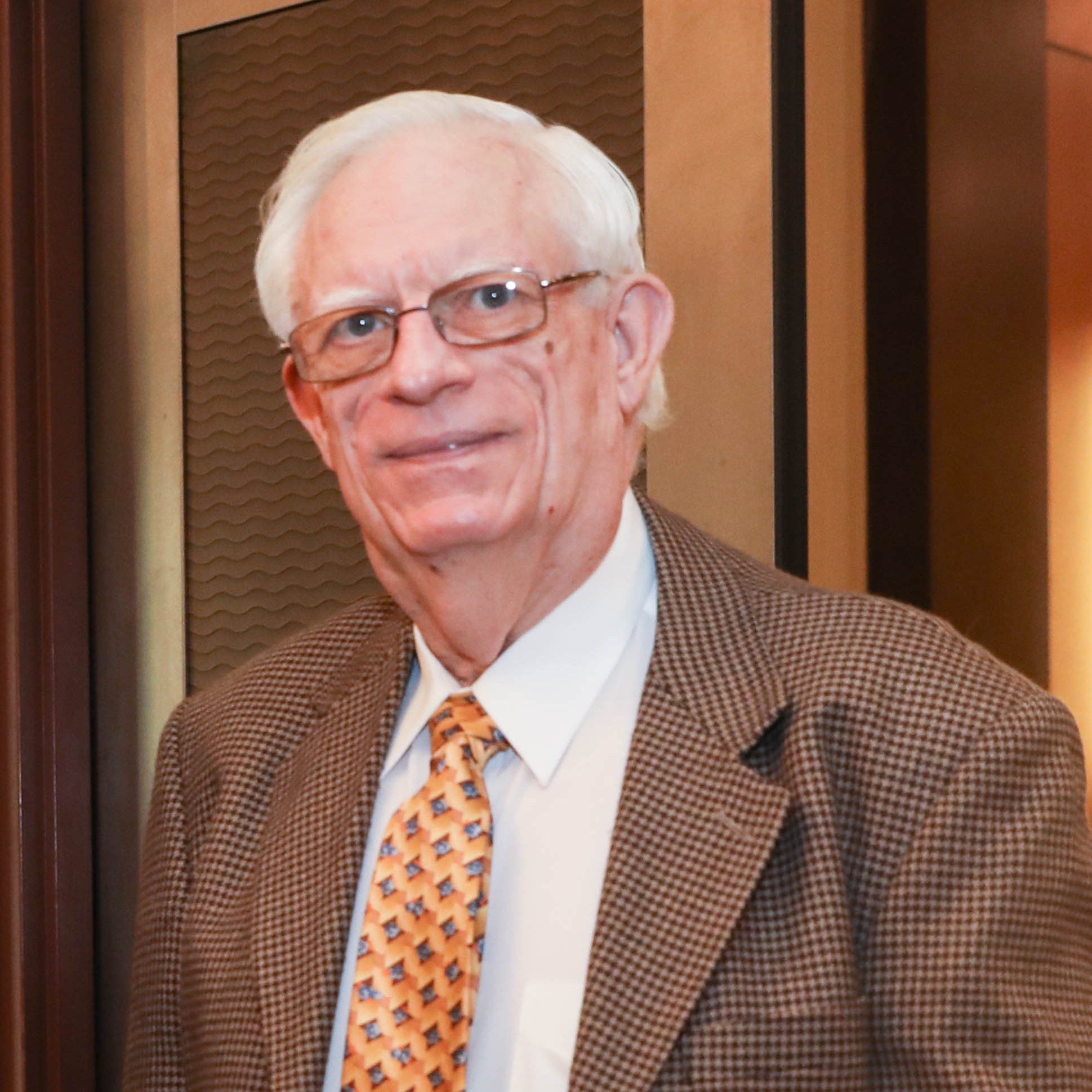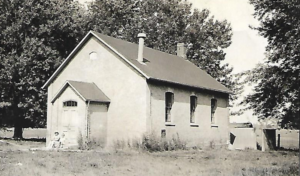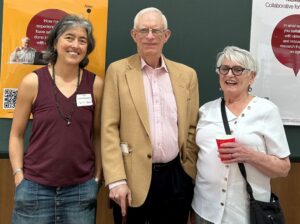
Michael Kirk retired from the Ontario Public service after 28 years of service and pursued a second ten-year career in teaching at a private college. He is a passionate believer in both lifelong learning and exploring new horizons. Over the last 18 years, he has sought out volunteer opportunities in the not-for-profit sector as well as contributing his time as a patient educator and advocate in healthcare programs at Sheridan College and McMaster. As an older adult who is both a caregiver and someone with chronic illness, he is committed to sharing his lived experience as a way of giving back to the community.
Fun Facts

Hometown: I grew up in a tiny little town called Glanworth in Ontario. Glanworth is about halfway between London and St. Thomas, connected basically by railway (and when I was growing up gravel roads). I grew up in a community where there were eight grades in one school room. There was no plumbing in the school for the first two years that I went there. This was in the early 1950s, so by some stretch, not very long ago. But it gives you a different perspective on life when you grow up in a very small rural community, and then go on to a high school in London. So, I’ve sort of crossed the whole gamut from living in the middle of nowhere to now, being a city dweller.
Favourite book: I devour mystery novels at the rate that most people would devour peanuts. I really enjoy reading many, many different authors, particularly mystery. I haven’t found a murder mystery in print that I didn’t want to read. And having been an investigator for most of my career as a police officer, it’s fun to see the plots unravel based on “I saw that coming” or “that couldn’t have happened”.
Hidden talent: Being able to listen. To almost become invisible while listening…just sink into the background and absorb.
Bucket list item: There’s couple of things I would like to do. One is a train trip across the country. I’ve been to both coasts on the train over the years. I travelled West (in the 1960s) and went out East to Halifax (in the 1990s), but I’d like to try that again. And I’d like to go on a riverboat cruise somewhere…doesn’t really matter where.
Most prized possession: I’ve moved past “things” being important in my life. To me, the most prized thing I have really is my relevance — to be a person who still adds value in society.
As an older adult, what inspired you to get involved at the Collaborative?
The first is a deep-seated truth that I find to be very important, that I’ve been given a lot in my life. And to be a good person and a good citizen, you want to give back in some form before you get to the checkout line and leave. So, there should be nothing left to give back when it’s finally time to meet your Creator. And that’s what keeps me involved: Do I still have things that I can contribute to? And that ties back to staying relevant, you know, the things that I have to offer that can have a meaningful role in the world.

What do you enjoy most about being a partner at the Collaborative?
It’s the diversity of opinions, ideas, and approaches from all the different members. One thing that I realized early on is that there’s no “one” expert in the room. We’re all learning from each other. Yes, older adults have lived experiences, but we don’t necessarily understand the language and approach of an academic or researcher, or for that matter, of each other. Even those with similar experiences, we all still have a unique perspective.
What does “aging well” mean to you as an older adult? How has this differed as a child / younger adult?
It means being able to use all of my skills and abilities the best I can (not necessarily for the longest time I can). And to remain in the social and home situations that I’m currently in…to not be shuffled off and siloed away somewhere. Connection to the community and connection to my home unit is extremely important to me. Doing what I’m doing now for as long as I can, with my partner, in the same place that we’re in now — that’s aging well for me.
Would you say that your perception of aging well has changed as an older adult ?
It’s changed considerably, because, when you’re 20 or 30 years old, you don’t necessarily think that you have to change your ways as you get older.
Well, newsflash.
As you age, you understand that you have to reinvent yourself. You need to reevaluate what you have, and what you can do…and ask yourself “what’s the next step” and “how do I make the best of the next stages of my life”?
If you could change one thing about the services and supports in healthcare that are available to older adults, what would it be?
The biggest thing I would like to see changed is not treating older people in silos. While you need to treat people as individuals, also consider the setting(s) they are in. You’ve got to treat a whole family, not just one person. By example, my partner has Parkinson’s. Treating him for the Parkinson’s is absolutely necessary, but also helping me better understand how to work with him to make sure he’s able to succeed is also important. The system is geared to treat one person and one condition at a time. Their family support system and other complex factors that have an impact on their wellbeing isn’t always being considered.
What does meaningfully engaging older adults in research mean to you?
It’s about tapping into our experiences and skills and challenging us to be involved. It’s not about simply asking us a few questions or giving us work to do just to check off a box.
In order to be meaningfully engaged, we all have to work at it. So as an older adult, a patient, or a caregiver, I also need to think in terms of other people’s perspectives and to learn from them. To better understand how researchers are doing their job, I’m better informed of the challenges they may face.
What words would you use to describe your experience within the Collaborative?
Absolutely fantastic. Challenging, Frustrating. Exciting.
